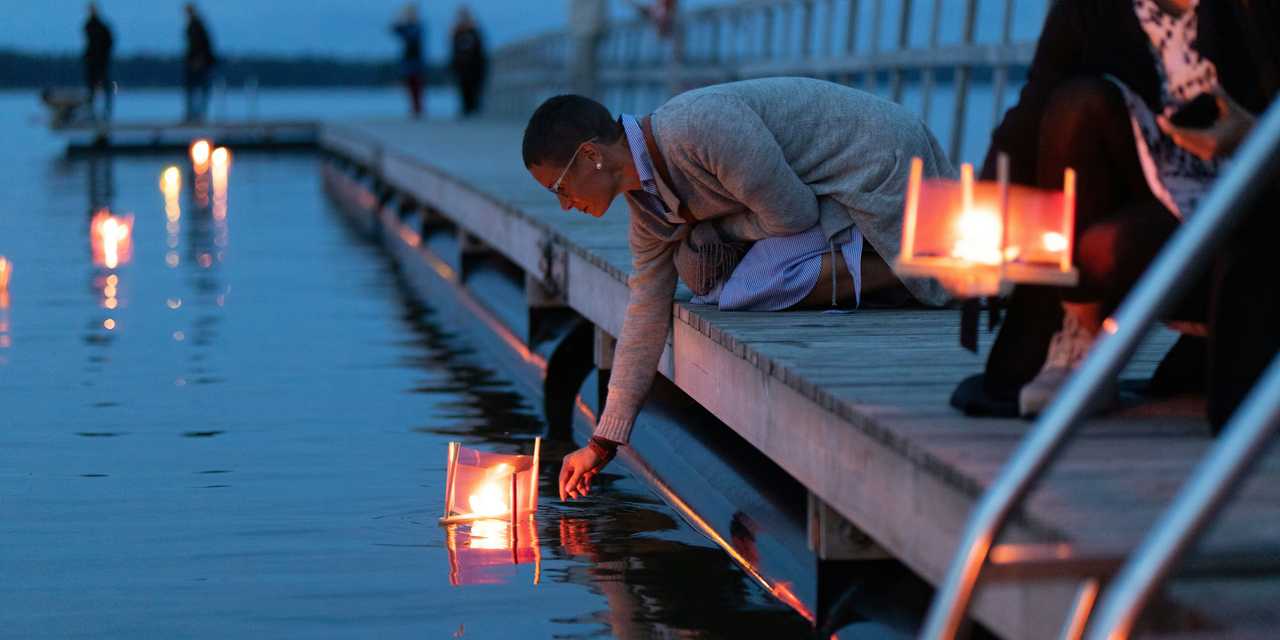There may come a time when you need to find out if someone has died, whether it's to pay your respects or handle legal matters. Knowing the best ways to access this information can make the process easier and less stressful.
From checking obituaries to using social media and contacting local government offices, we’ll cover the top methods and the legal considerations involved.
💡 Did you know that you can receive a tailored last will at Aatos?
Checking Obituaries
One of the traditional methods to find out if someone has died is by checking obituaries in local newspapers. Many newspapers publish daily or weekly obituaries, listing recent deaths in the community.
You can either purchase a physical copy of the newspaper or visit the newspaper's website to search their archives.
There are also several online databases where you can search for obituaries. These websites compile obituaries from various sources, making it easier to find the information you need.
Some popular online obituary databases include:
- Legacy.com
- ObituariesHelp.org
- FindAGrave.com
Using Social Media Platforms
Social media platforms like Facebook and Twitter are commonly used to share news of a loved one's passing.
So, when it comes to how to find out if someone has died in the UK, you can search for their name along with keywords like "obituary," "passed away," or "RIP." Look for posts from family and friends who might have shared the news.
Reaching out to mutual connections can be an effective way to find out if someone has passed away if you have a good relationship. You could send a private message or post on your social media account asking if anyone has information about the person in question. This approach is often faster and more personal.
Contacting Local Government Offices
In the UK, deaths must be registered with the local registrar’s office. You can contact the registrar’s office in the area where the person lived to request access to public death records.
They can provide information on how to get a copy of the death certificate. Most offices have websites with contact details and instructions for requesting records.
Local councils can also provide information on recent deaths. Contacting the council offices in the area where the person lived might help you access public death records. Some councils have online databases, while others may require you to call or visit in person.
Using Genealogy Websites and Services
Genealogy websites are a valuable resource for how to find out if someone has died, by locating death records and other historical information.
Some popular genealogy websites that offer death record searches include:
- Ancestry.co.uk
- Findmypast.co.uk
- MyHeritage.com
- FamilySearch.org
Finding out if Someone Has Died Legal Considerations
In the UK, privacy laws protect certain information about individuals, including death records. The General Data Protection Regulation (GDPR) ensures that personal data is handled with care and only accessed by those with a legitimate reason.
There are limitations on who can access death records and under what circumstances. Generally, death records are considered public information, but certain details may be restricted to protect privacy.
If you want to find out if someone has died recently, getting a copy of their death record may prove challenging. This is because accessing recent death records often requires proof of a legitimate interest, such as being a close relative or having legal reasons.
How to Find Out if Someone Has Died Abroad
If you need to find out if someone has died abroad, contacting the appropriate foreign registry or embassy is a good starting point.
Most countries have a civil registry office that records births, marriages, and deaths. Here’s how you can proceed:
- Identify the Registry: Determine which registry office in the foreign country handles death records.
- Contact the Embassy: Reach out to the embassy or consulate of the country where the person may have died. They can provide guidance on accessing death records and may help with the request process.
- Request Records: Submit a formal request to the foreign registry, providing as much information as possible about the deceased, such as their full name, date of birth, and date of death.
In addition, several international databases like ancestry.com and familysearch.org compile death records from around the world, making it easier to search for information across different countries.
Finding out if someone has died involves various methods and resources, from checking local obituaries and using social media to contacting government offices and using genealogy websites.
Always remember to respect privacy laws and legal guidelines when searching for death records.
Have You Already Written a Will?
You can create a tailored last will for yourself just in 15 minutes.
Try our service for free below!

